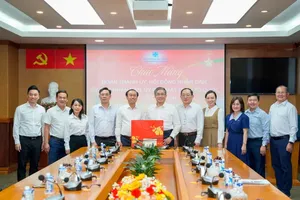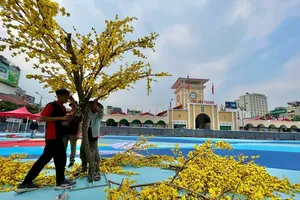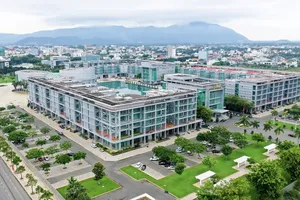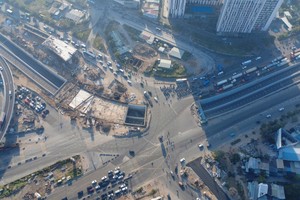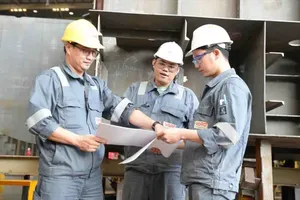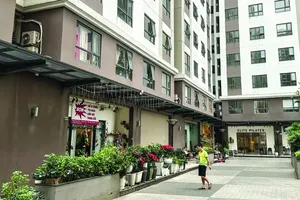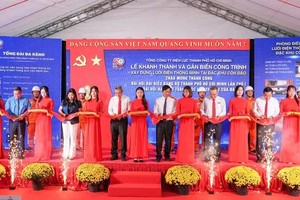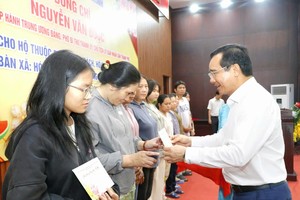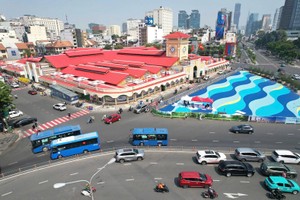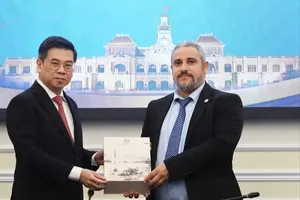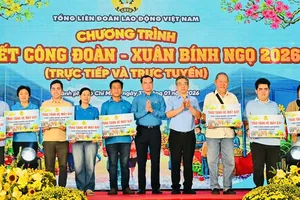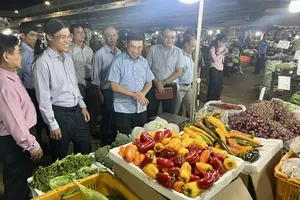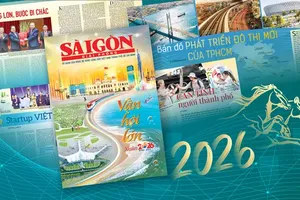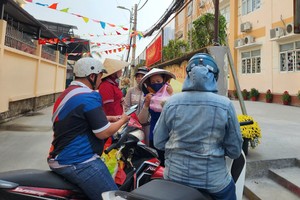Ho Chi Minh City is actively soliciting input from relevant departments and agencies to finalize a comprehensive plan aimed at restricting gasoline and diesel vehicles in areas with elevated pollution risks.
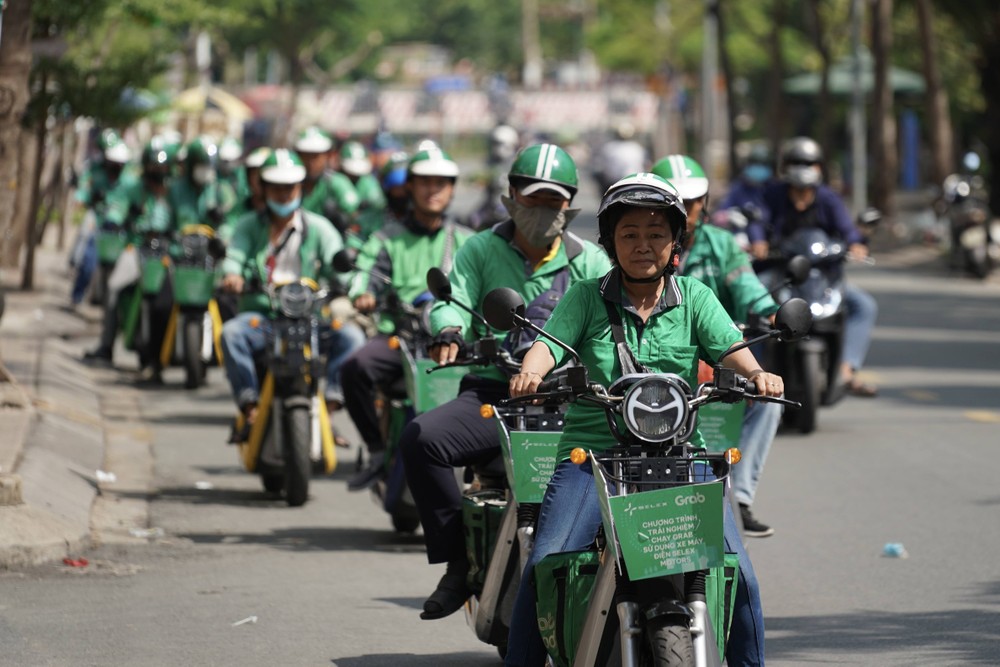
The HCMC Department of Agriculture and Environment will contribute insights regarding vehicle emission levels, including proposals to elevate emission standards and establish precise criteria for identifying and limiting the operation of high-emission vehicles in heavily polluted zones.
Concurrently, the department will identify and disseminate information about high-emission areas, propose measures to regulate vehicle emissions, and review and provide guidance on land-use regulations and policies to support the development of parking infrastructure and charging stations for eco-friendly vehicles.
Ho Chi Minh City aims for green transition to electric utility vehicles so it is urgently seeking opinions from relevant departments and units to complete a plan to limit gasoline and diesel vehicles in areas at high risk of pollution.
The HCMC Department of Agriculture and Environment will provide comments on the emission levels of vehicles in circulation, including considering raising emission standards, developing specific criteria to delimit and restrict the operation of high-emission vehicles in heavily polluted areas.
At the same time, it will identify and publicize information on high-emission areas; propose solutions to control emissions for motor vehicles; and review and guide land regulations and policies to serve the development of parking infrastructure and charging stations for green vehicles.
The Department of Finance is studying solutions to control the quality of fuel used for motor vehicles, including gasoline, diesel, and biofuels, ensuring compliance with the proposed emission standards roadmap. It is also proposing management directions for technology vehicle operations, which are growing strongly in the city.
The Ho Chi Minh City Institute for Development Studies is proposing comprehensive solutions to promote the green transition in the transport sector to reduce greenhouse gas emissions and other negative environmental impacts.
Specialized departments under the Department of Construction, the Public Transport Management Center, and the Road Traffic Infrastructure Management Center are assigned to provide comments on integrating transport planning with infrastructure planning, aiming to develop green means of transport, including the public transport system.
According to statistics from the Department of Construction, Ho Chi Minh City is managing more than 9.6 million vehicles, including nearly 8.6 million motorbikes. Compared to the same period in 2024, the number of cars increased by 9 percent and motorbikes increased by 2 percent.
The research team proposed 4 transition phases for shippers and technology vehicle drivers. Phase 1 (by December 2025) targets 30 percent - about 120,000 vehicles; Phase 2 (by December 2026) targets 50 percent - about 200,000 vehicles; Phase 3 (by December 2027) targets 80 percent - about 320,000 vehicles; Phase 4 (by December 2029) targets 100 percent - about 400,000 vehicles.
Accordingly, it proposes a policy to support interest rates for shippers, technology drivers, and people buying new electric motorbikes according to Resolution 198 with an expected interest rate of 2 percent a year when borrowing capital to implement green projects.
In addition, businesses that purchase, exchange, recycle, and remove old gasoline-powered two-wheelers from circulation will receive support from the State.
The project suggests that the Government should waive value-added tax, registration fees, and new license plate issuance fees for electric motorbikes for a period of 2 years starting from January 1, 2026.
Additionally, each trip will receive a refund of value-added tax, and drivers will be assisted in utilizing electric motorbike services.
With these proposed measures, the research team anticipates that within 2 years, more than 80 percent of technology and two-wheeled delivery vehicles will be effectively transitioned to electric vehicles. Once stability is achieved, Ho Chi Minh City will advise the Government to continue implementing strong measures to restrict gasoline vehicles overall, potentially establishing a timeline to completely prohibit gasoline vehicles from engaging in passenger transport and delivery services.
In related developments, Hanoi plans to offer financial assistance for the transition from gasoline/diesel motorbikes to environmentally friendly vehicles. The Hanoi Construction Department is currently gathering feedback from relevant departments and units regarding a draft resolution aimed at converting to green vehicles and developing a charging station infrastructure in Hanoi. This initiative is part of the implementation of the Prime Minister's Directive No. 20/CT-TTg issued on July 12 which outlines several urgent and decisive actions to combat and address environmental pollution.
